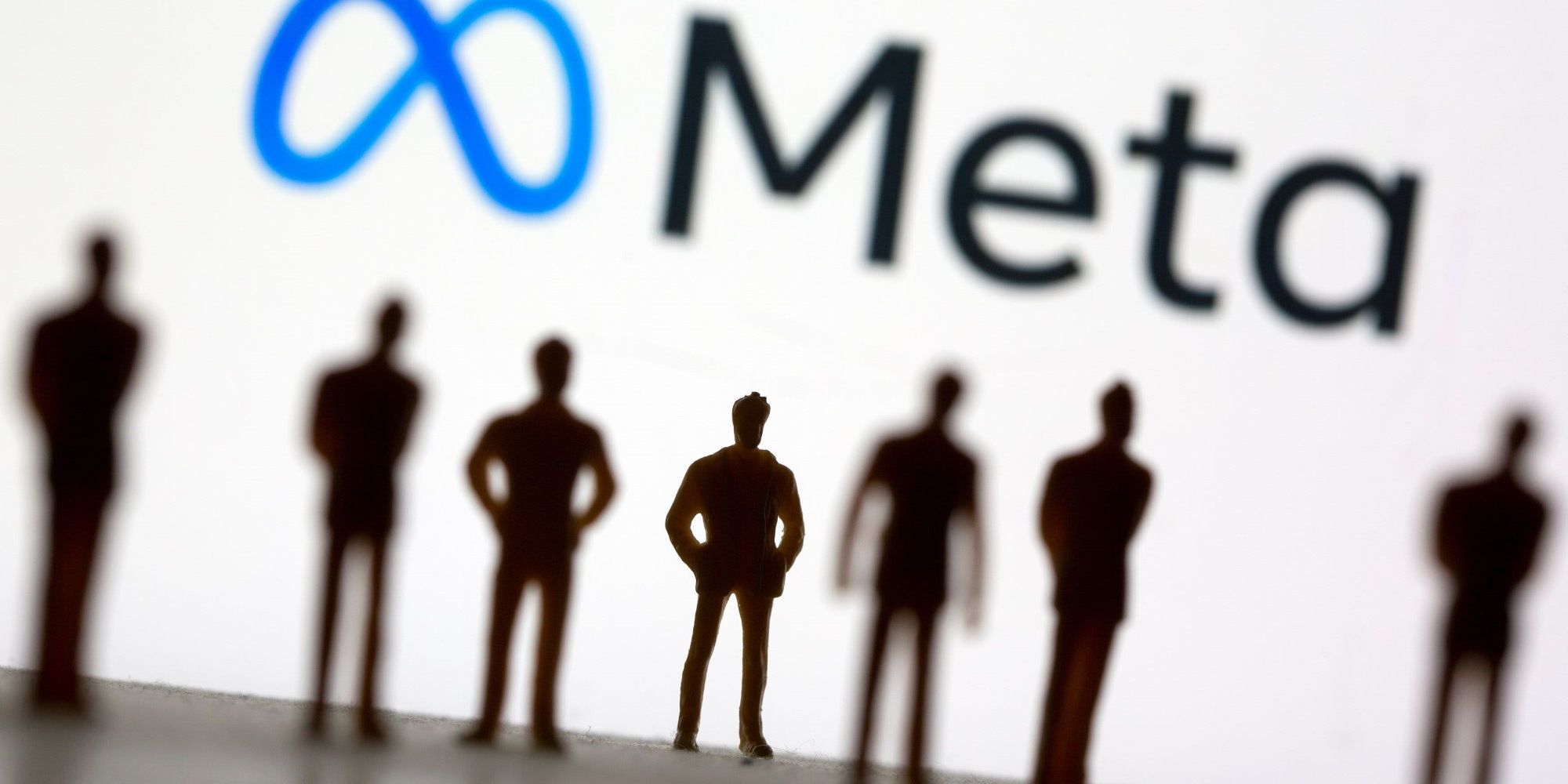Along with the announcement that Facebook was rebranding to become Meta came another smaller announcement: Facebook was getting out of the facial recognition game.
"In the coming weeks, Meta will shut down the Face Recognition system on Facebook as part of a company-wide move to limit the use of facial recognition in our products," wrote Meta VP of artificial intelligence Jerome Pesenti. "This change will represent one of the largest shifts in facial recognition usage in the technology’s history."
This meant that Facebook's automatic face tagging system for videos, photos, and memories has ceased to function and users that have opted into Face Recognition have had their templates deleted.
However, we're finding out now that while Facebook the social media site has largely given up on facial recognition software, Meta the parent company has not. Tuesday's announcement was followed by Wednesday's clarification that Meta will still use biometrics (including facial recognition) in its metaverse projects, and will also keep the same AI-powered facial recognition tech that Facebook was using up until this week.
“We believe this technology has the potential to enable positive use cases in the future that maintain privacy, control, and transparency, and it’s an approach we’ll continue to explore as we consider how our future computing platforms and devices can best serve people’s needs,” Meta spokesperson Jason Gross told Recode. “For any potential future applications of technologies like this, we’ll continue to be public about intended use, how people can have control over these systems and their personal data, and how we’re living up to our responsible innovation framework.”
Recode also noted that Meta would continue to collect biometric data to create hyper-realistic avatars for the metaverse. Meta will also use that same technology in an upcoming VR headset that tracks facial and eye movements and applies them to your metaverse avatar.
Using facial recognition to make better avatars is an example of what good can come from the technology, but it can also be used to enact tyrannical restrictions on an entire populace. We should probably keep a close watch on Meta to see which side of that dynamic it’ll fall under.

